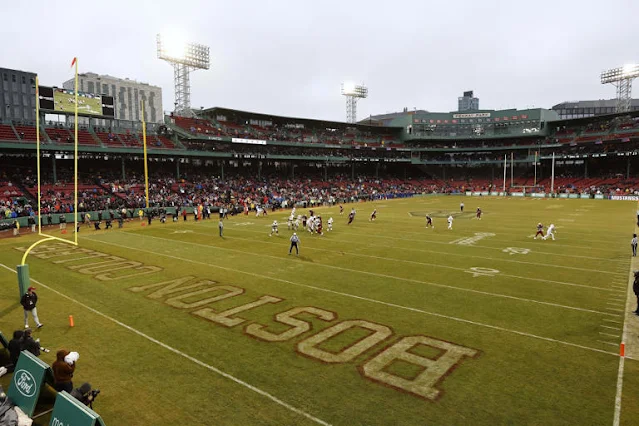To make the content plagiarism-free and unique, I'll rewrite it while retaining the core information and structure:
In Scottsdale, Arizona, the NCAA and major college conferences are exploring a potential settlement of an antitrust lawsuit that could lead to significant financial ramifications and necessitate revenue sharing with athletes. Even if collegiate sports transition to a more professional model, congressional intervention may be necessary if athletes are not categorized as employees.
According to sources familiar with the settlement discussions related to House vs. the NCAA, the association might pay out $2.9 billion in damages over a decade to settle the class-action lawsuit, scheduled for trial in January. Schools in the Big Ten, Big 12, Atlantic Coast Conference, and Southeastern Conference could face annual payments of about $30 million, including approximately $20 million directed towards their athletes.
These sources, requesting anonymity due to the confidential nature of the negotiations, emphasized that a final agreement is far from certain. Any settlement would require approval from the NCAA board of governors and the presidential boards of each conference.
Initial reports detailing the potential settlement were first made by Yahoo Sports and ESPN.
U.S. District Judge Claudia Wilken, who has presided over several high-profile antitrust cases against the NCAA, instructed the parties to pursue a settlement months ago. A more concrete plan emerged from a recent meeting of NCAA and conference officials in Dallas. Earlier this week, Big 12 Commissioner Brett Yormark declined to comment on the possible settlement or the Dallas meeting.
Many college sports administrators are quietly acknowledging that settling House could be the most prudent course of action. The case, initiated by former Arizona State swimmer Grant House, argues that college athletes should receive a share of the billions of dollars in media rights fees received by the power conferences and the NCAA since 2016.
While the NCAA and major conferences have been seeking congressional assistance in regulating NIL compensation for several years, the focus has recently shifted to preventing college athletes from being classified as employees. However, even with a settlement in House and a revenue-sharing plan, the NCAA and major conferences may still need a federal law or antitrust protection to avoid further legal challenges.
Tulane sports law professor Gabe Feldman noted, "In terms of their legal options, one is to go to Congress, two is to recognize the athletes as employees and enter into collective bargaining agreements, and the other is to try to operate in a way that is more defensible under the law."
Feldman added that a federal law denying college athletes employment status could face a court challenge without the NCAA and conferences being granted an antitrust exemption by Congress.
A recent ruling by an NLRB regional director has paved the way for members of the Dartmouth men's basketball team to vote to join a union, a decision contested by the school.
It appears inevitable that some form of revenue sharing or significantly increased payments to college athletes in addition to scholarships will be implemented. In December, NCAA President Charlie Baker proposed creating a new tier of Division I in which schools would be required to pay at least half of their athletes $30,000 per year in trust funds. Baker also encouraged schools to bring NIL activities for athletes in-house, rather than solely permitting them to work with third-party entities.
While Baker's D-I project proposal has mostly been put on hold, the idea of allowing schools to pay their athletes, although not mandatory, seems closer than ever to realization.

